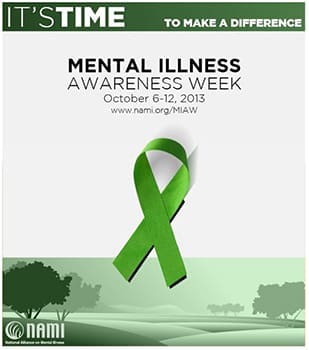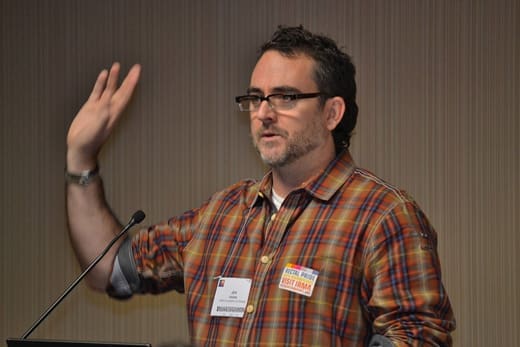By Ella Shapiro
As a member of Generation Z, the HIV epidemic has always felt distant to me. Growing up in the early 2000s and 2010s, I remember hearing stories about the epidemic. I heard about how it impacted the LGTBQ+ community, how Princess Diana famously shook the hand of a person living with AIDS in 1987, but ultimately that receiving an HIV diagnosis today is no longer a death sentence like it once was thanks to current treatment options.
It wasn’t until I was a freshman in college that I met someone who shared with me that they were living with HIV (although surely, I met people previously who hadn’t shared their status with me). Up until that point, I hadn’t realized that many people were still living with HIV. Luckily, the person I knew was engaged in care and healthy, but it made me aware that the epidemic was far from over.
Three years later, in my senior year of college, I was required to find an internship to supplement my journalism degree. While looking for opportunities I found an advertisement for an editorial internship with AIDS Foundation Chicago (AFC). Despite living in Southern California and having little knowledge of the work AFC was doing I felt drawn to its mission of expanding health equity, so I decided to apply.
Within a month of applying, I was selected for the position and began my internship. Quickly, I realized how limited my knowledge of HIV/AIDS was. In fact, before starting my internship I didn’t even fully understand the difference between HIV and AIDS. I began to learn more about the epidemic, how it was impacting people in Chicago, Illinois and around the world. I also learned about the systemic factors that resulted in certain groups, particularly people of color and transgender women of color, being disproportionately impacted by HIV and other public health issues.
The reason that I felt impassioned to work for AFC in the first place was because I have always cared deeply about all people having equal access to high quality, affirming health care. Although my knowledge of the HIV epidemic was lacking, I had a more thorough understanding of housing, reproductive health, and substance use, public health issues that are driven by unequal access to services. When I came to AFC, I learned that these other issues I was passionate about were not separate from the HIV epidemic, but instead deeply intertwined with it.
As AFC’s editorial intern my work has centered storytelling. I have had the privilege of speaking with health care workers, AFC staff members, community organizers and long term survivors. Through the interviews I’ve conducted I’ve learned about the stigma that still exists for people living with HIV and the social determinants of health that inform a person’s health outcomes. One of the most important things I’ve learned while writing is the significance of the language we use. The way we discuss HIV matters and that’s why using people-first language is critical in order to tell genuine, meaningful and dignified stories.
Working with AFC has been transformative on multiple levels, from professional to personal. I’ve developed my writing and researching skills while working alongside and learning from AFC’s dedicated external relations department. I’ve also become a more informed and compassionate individual. I will always be grateful that AFC gave me the space and resources to grow and educate myself. I urge other young people, perhaps people like me who didn’t grow up understanding the HIV epidemic to learn more about it, listen to other people’s stories and empathize with their experiences.
To learn more about HIV, click here. To learn more about the HIV/AIDS epidemic in Illinois, click here.



